

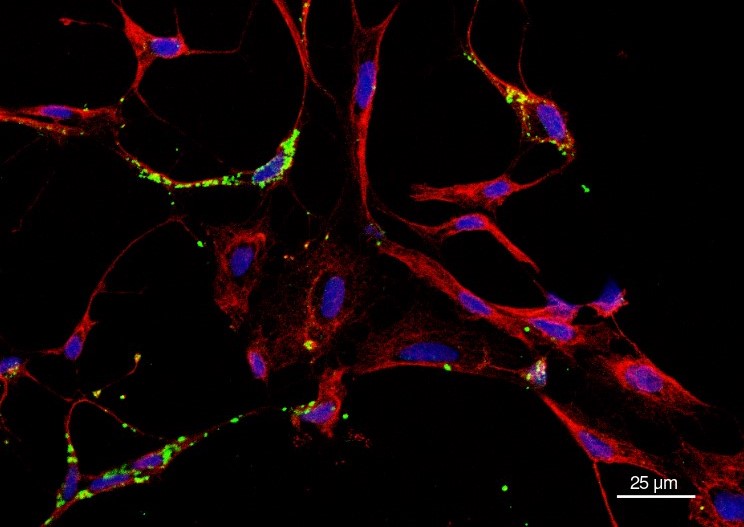
According to the authors of the study, infection by one virus was expected to afford protection against the other, preventing co-circulation. They warn of the risk of transmission of Mayaro in urban areas owing to deforestation and advocate more effective epidemiological surveillance.
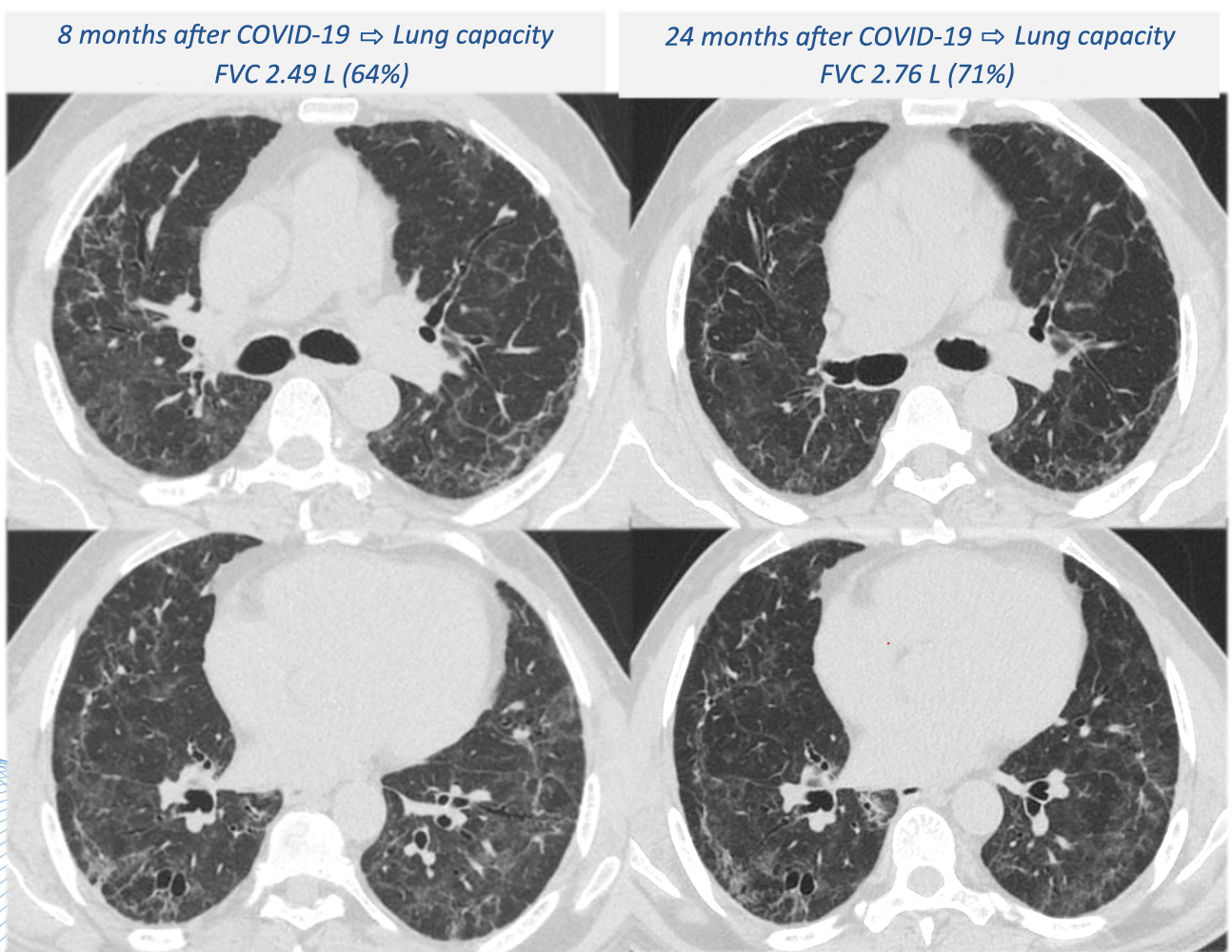
A Brazilian study assessed 237 patients treated at the University of São Paulo’s general and teaching hospital. The researchers found that 92% still had lung damage two years after discharge, with fibrosis (33% of cases) arousing most concern.
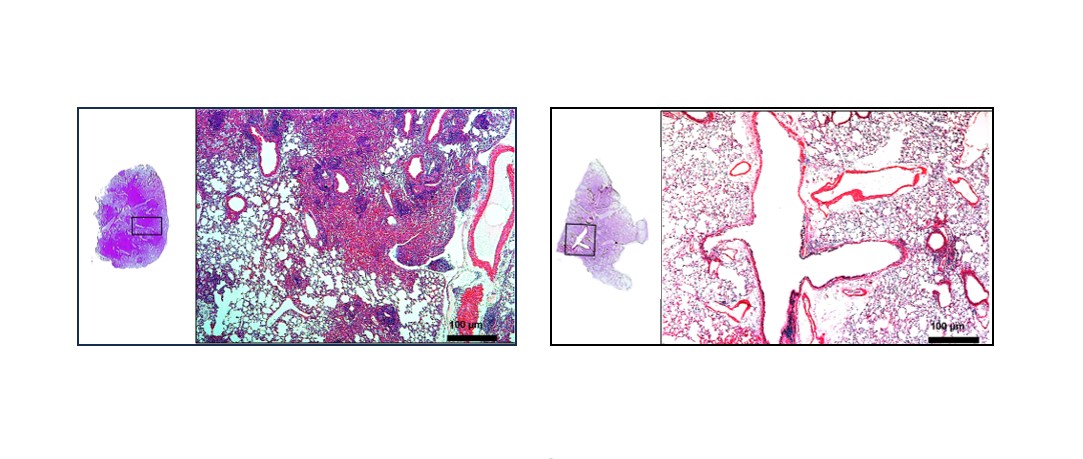
Researchers from the Butantan Institute and collaborators reveal why recombinant BCG induces a stronger and longer-lasting response than the conventional vaccine.
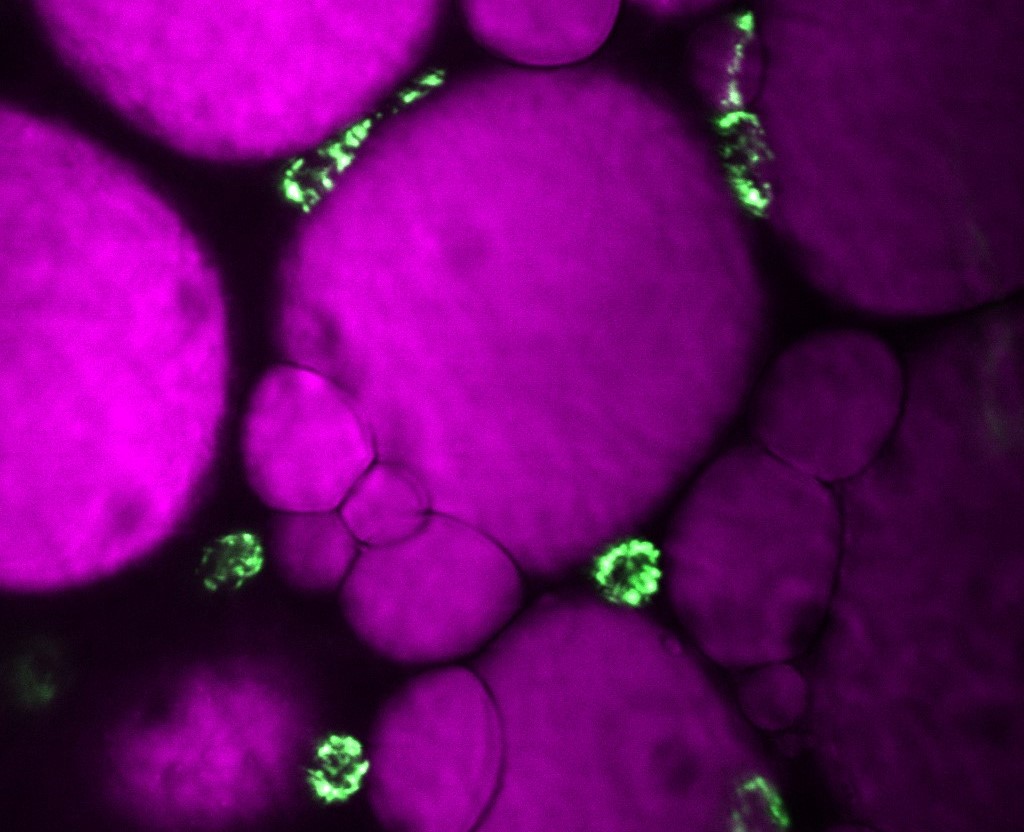
By analyzing samples from obese non-diabetics, researchers from the State University of Campinas found that high blood levels of saturated fatty acids cause pre-activation of innate immune cells that, when infected with SARS-CoV-2, produce elevated levels of inflammatory molecules. Results were presented during FAPESP Week China.
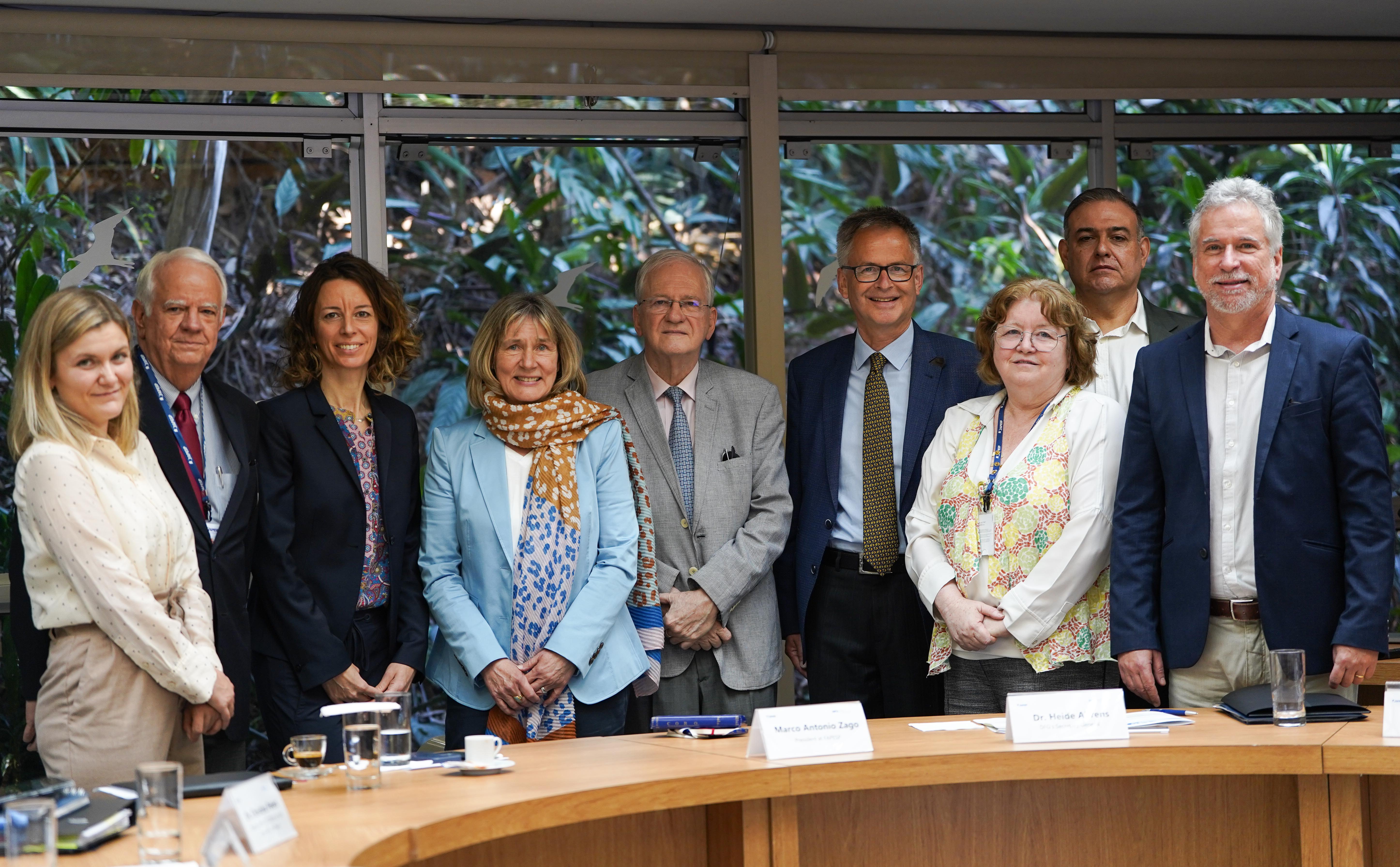
At the meeting, leaders of the two institutions shared experiences on removing red tape and discussed the use of AI to assess project proposals, as well as preparations for FAPESP Week Berlin in 2025.
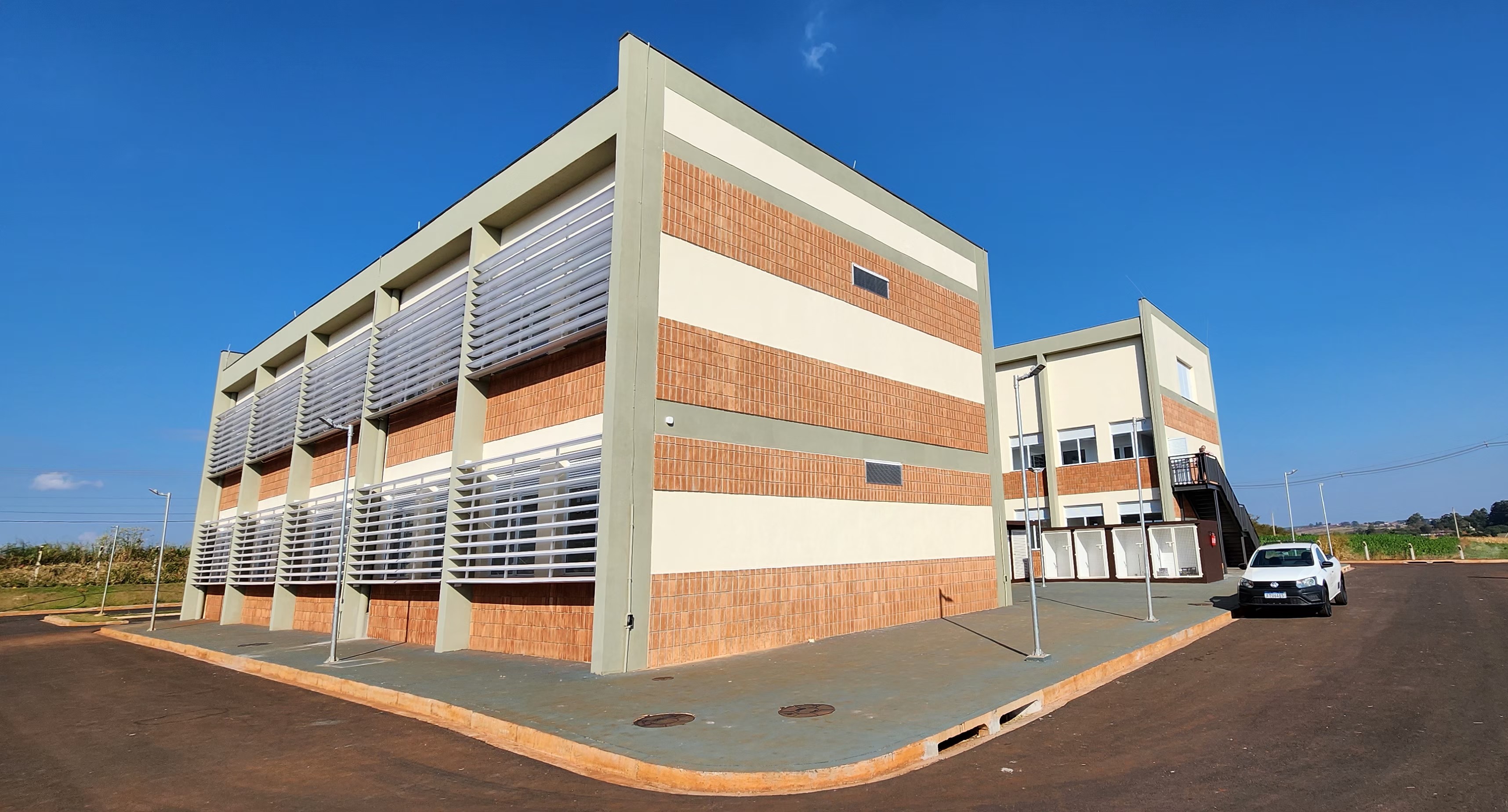
Located in Botucatu, the plant will perform outsourced medical drug development and production services for pharmaceutical companies, biotechs and other research institutions, complying with best manufacturing practices.
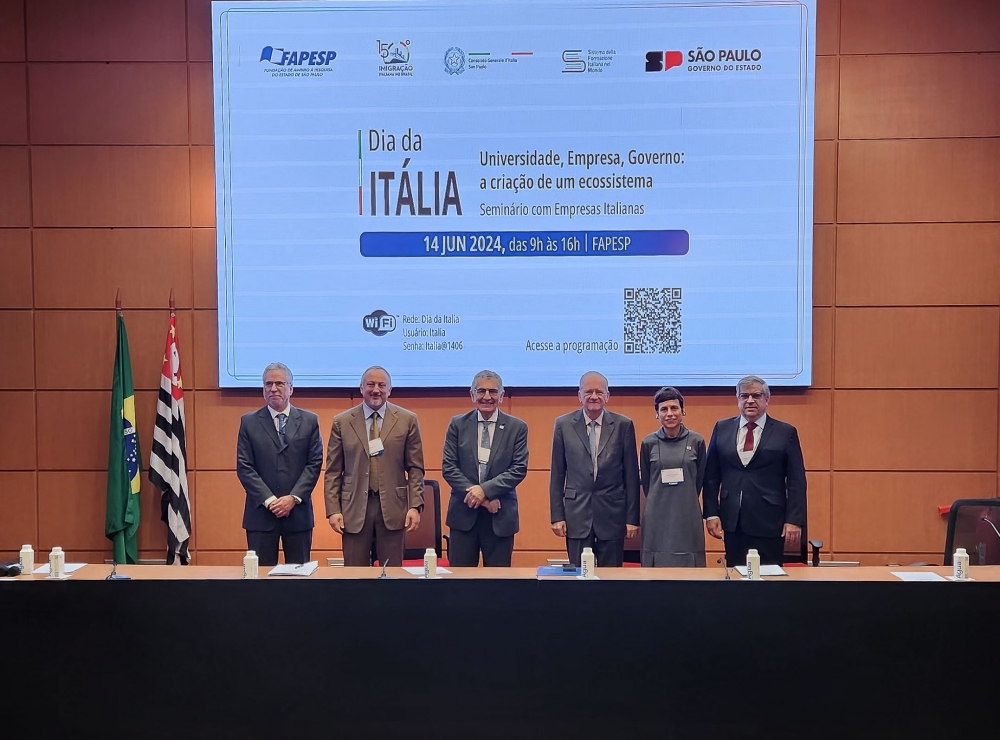
Companies are currently involved in 15% of the collaborative research projects conducted by scientists in São Paulo state and Italy, according to data presented at an event hosted by FAPESP.
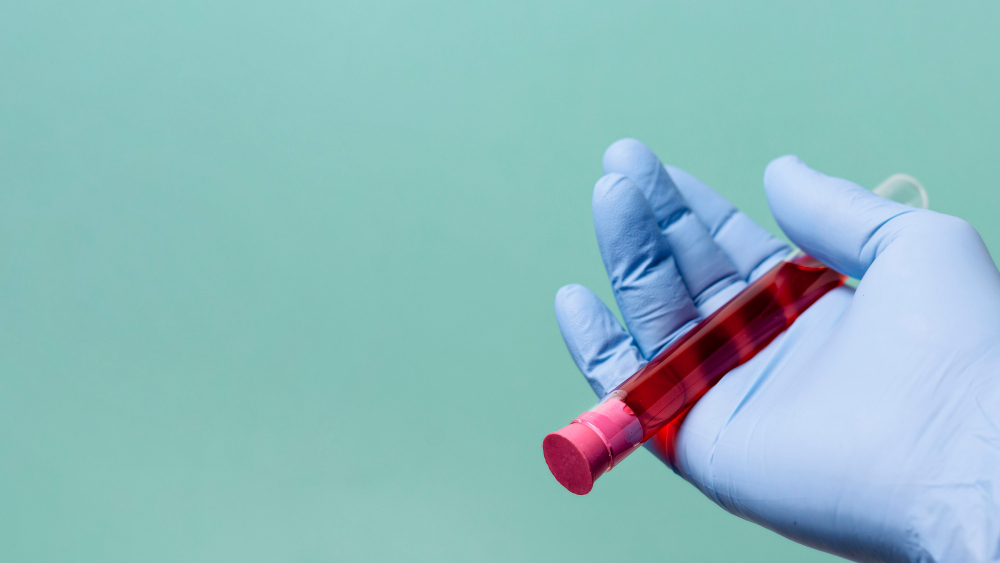
In a study conducted by Brazilian researchers, blood levels of an amino acid called homocysteine correlated with the development of a disease that affects a third of the inhabitants of São Paulo city.
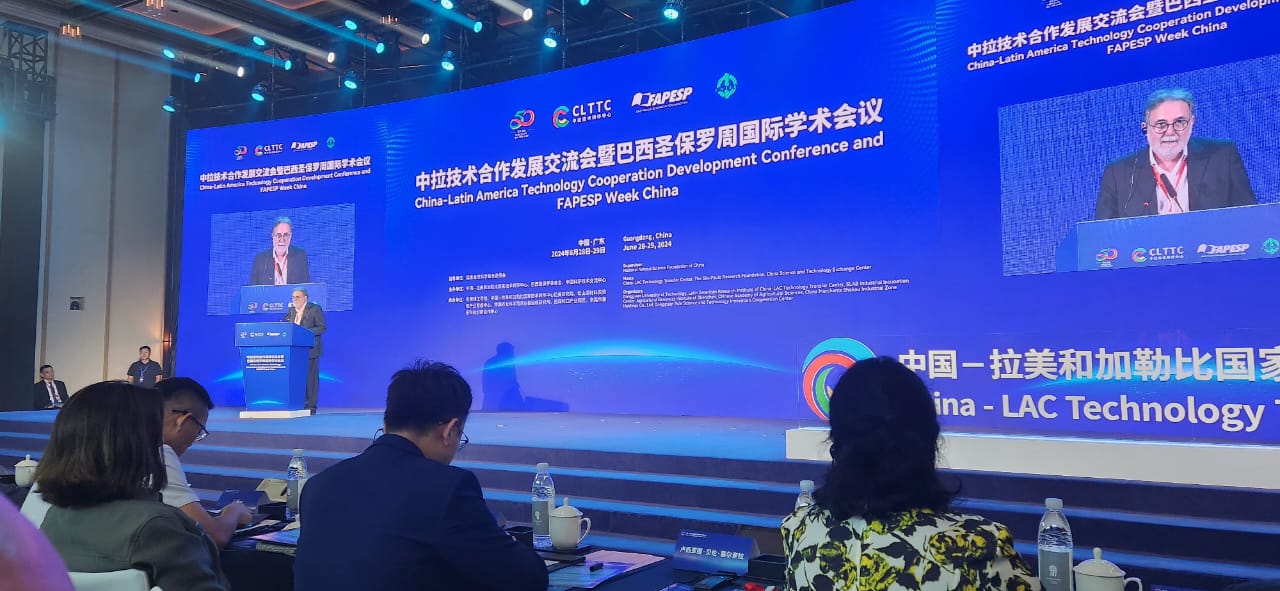
Participants emphasized their desire to strengthen scientific and technological cooperation between Brazil and China and celebrated the friendly relations between the two countries.
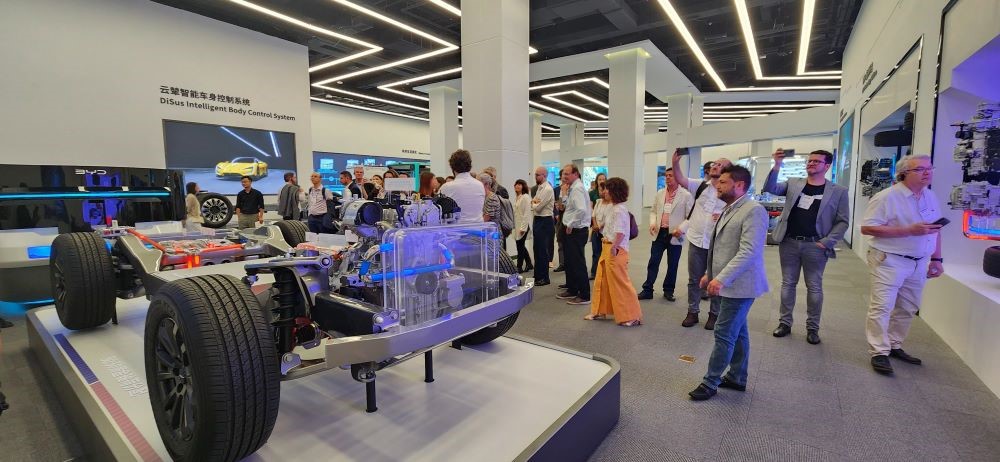
Startups were selected to participate in FAPESP Week through a call for proposals from the Innovative Research in Small Businesses Program, launched in April; the focus on innovation should be maintained in future editions of the event.
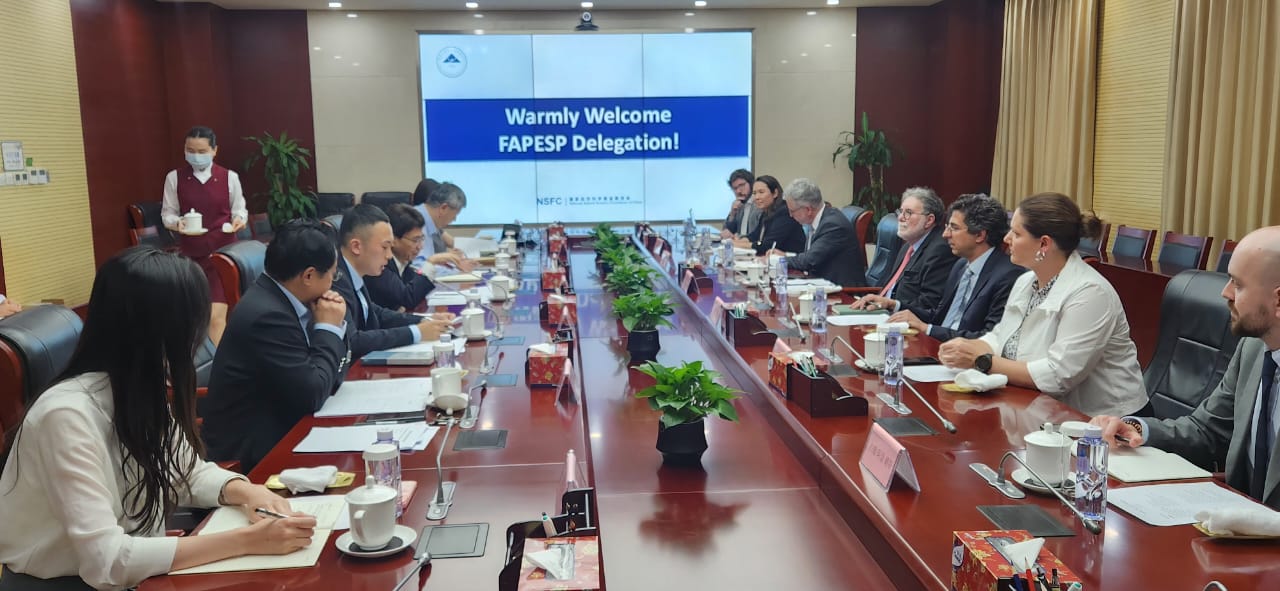
Heads of the two agencies met on June 24th and renewed the cooperation agreement signed in 2019; a joint workshop on precision agriculture will be held on Saturday as part of FAPESP Week China.
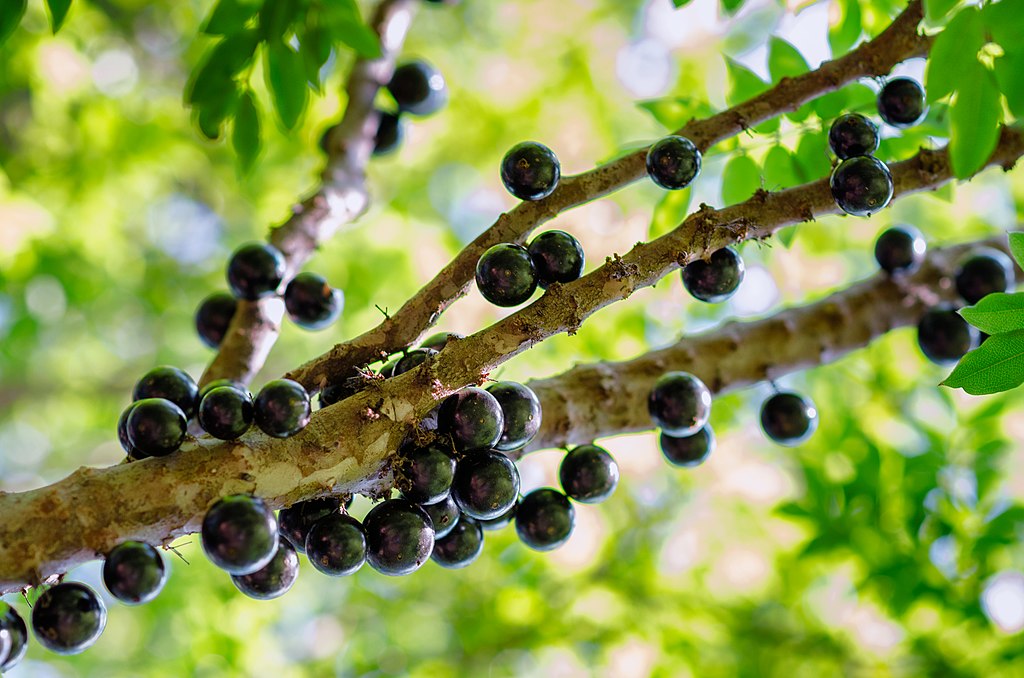
The process, developed by Brazilian and Spanish scientists, obtains anthocyanin from fruit processing waste with a higher yield than the usual method.
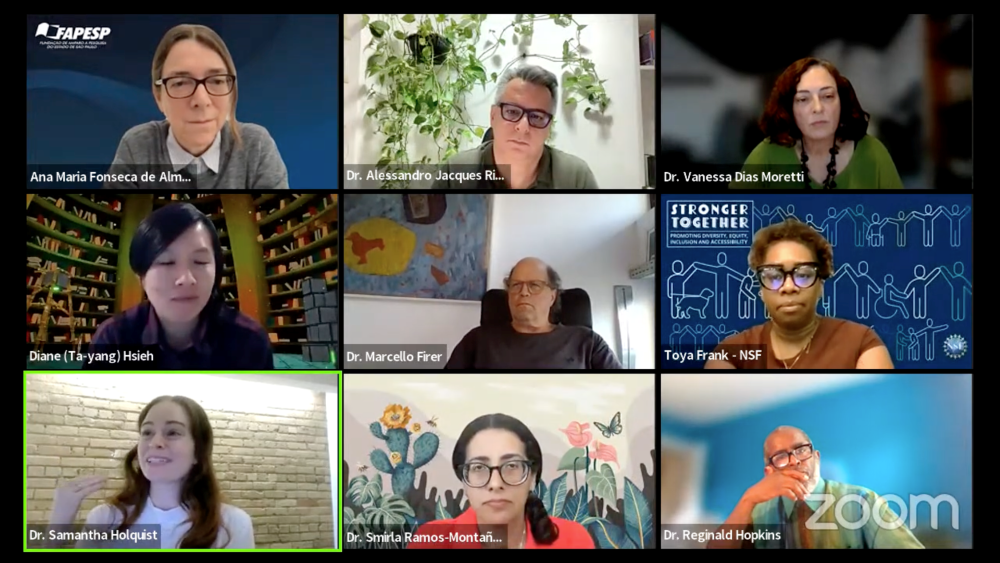
In an online seminar hosted by FAPESP and the U.S. National Science Foundation, researchers presented on initiatives aimed at promoting equity in science, technology, engineering and mathematics (STEM).
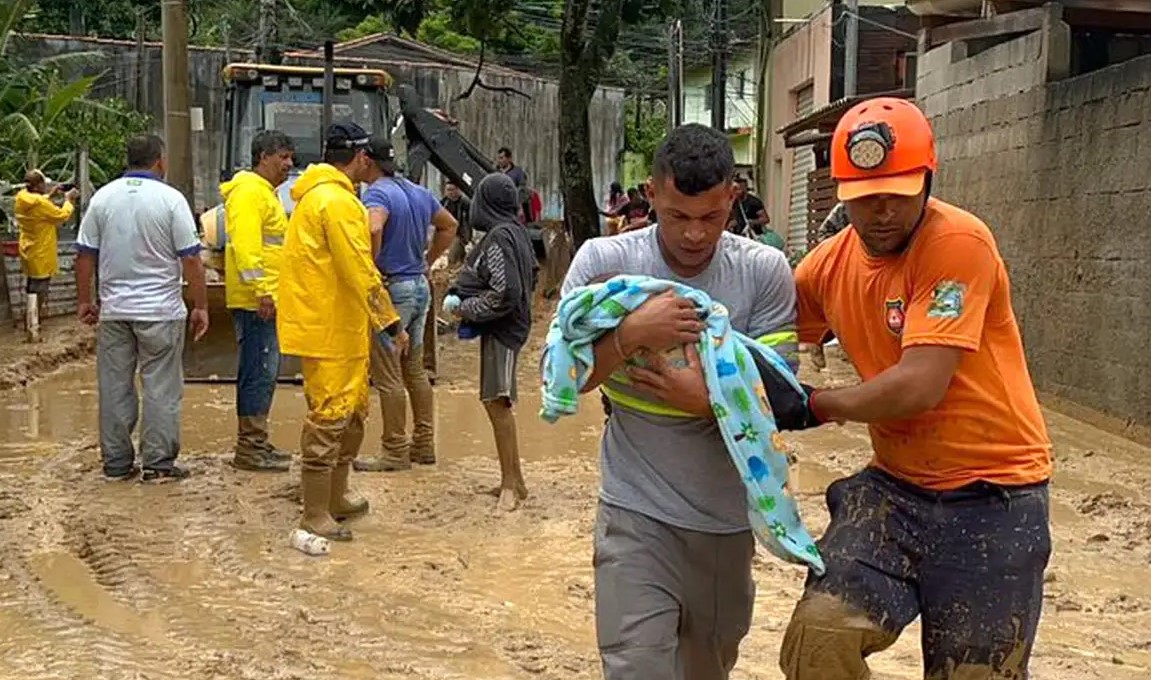
Researchers analyzed landslides caused by storms in São Sebastião (Brazil) in 2023, when at least 65 people died, and suggest involvement of the local community in contingency programs.
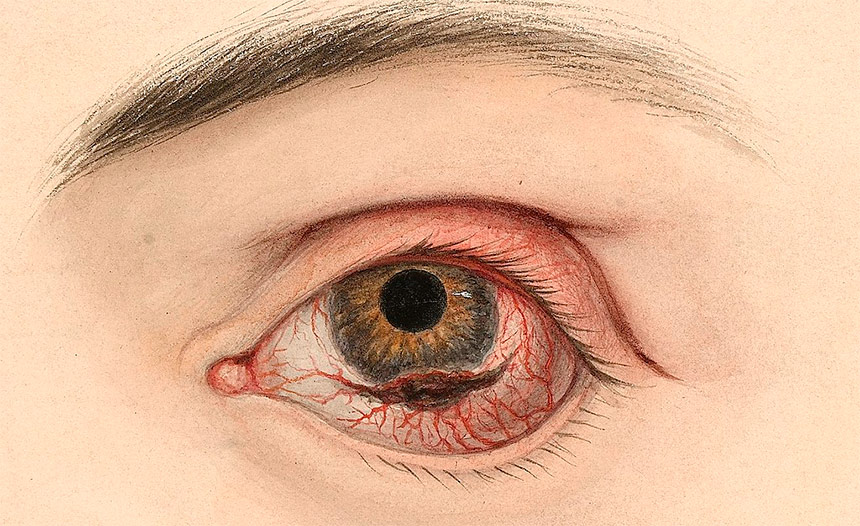
The study is the first to show that femtosecond pulsed laser irradiation is effective and safe in mice with induced ocular melanoma, paving the way for minimally invasive targeted treatment of the disease in future.
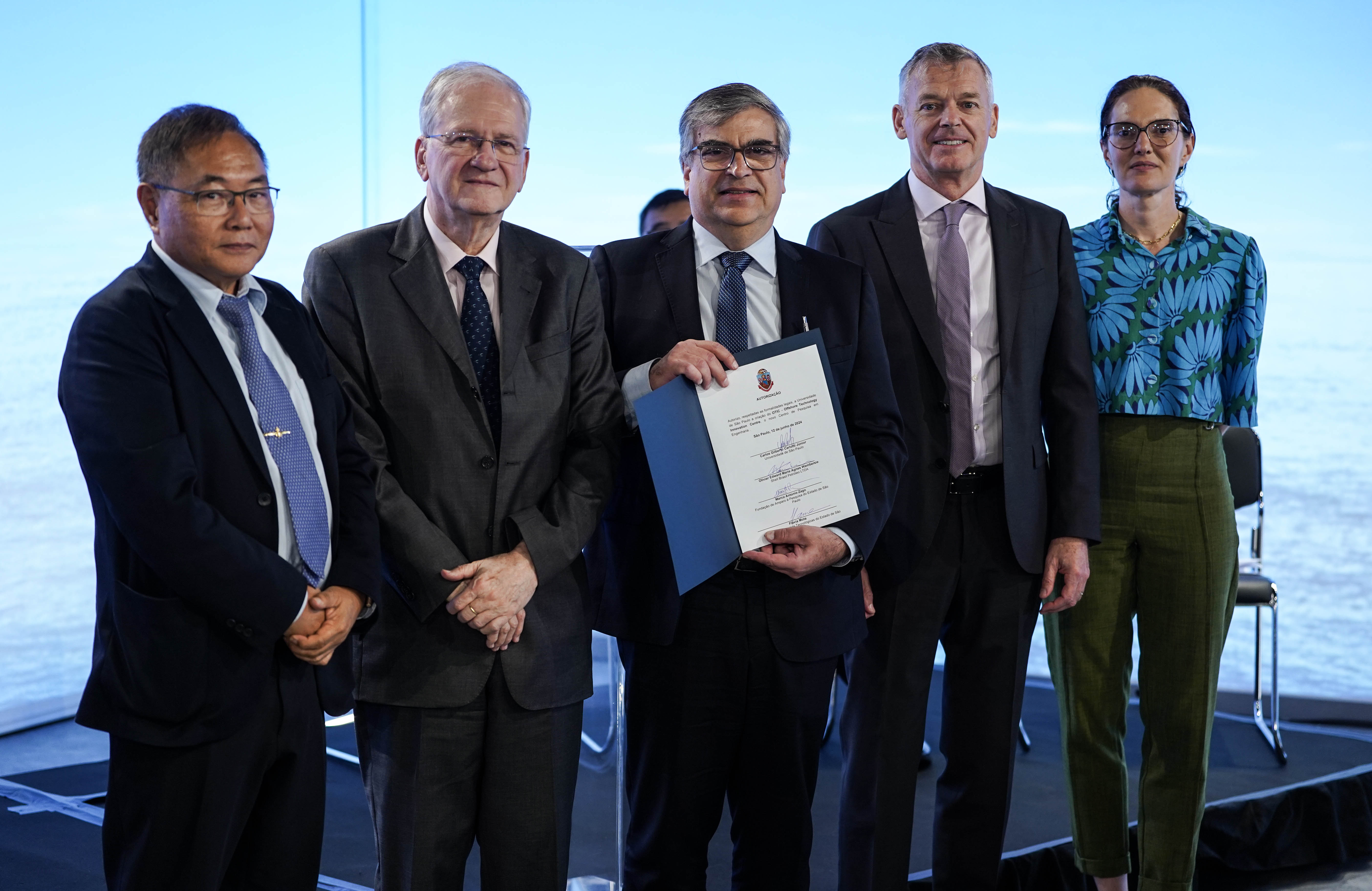
Supported by FAPESP, Shell, the Technological Research Institute (IPT) and the University of São Paulo (USP), this Applied Research Center will investigate technologies that promote decarbonization and optimization of deep-sea oil and gas operations, contributing to the future of the offshore industry.

The aim is to extend and diversify the sources of funding for deep techs supported by the Innovative Research in Small Business Program.
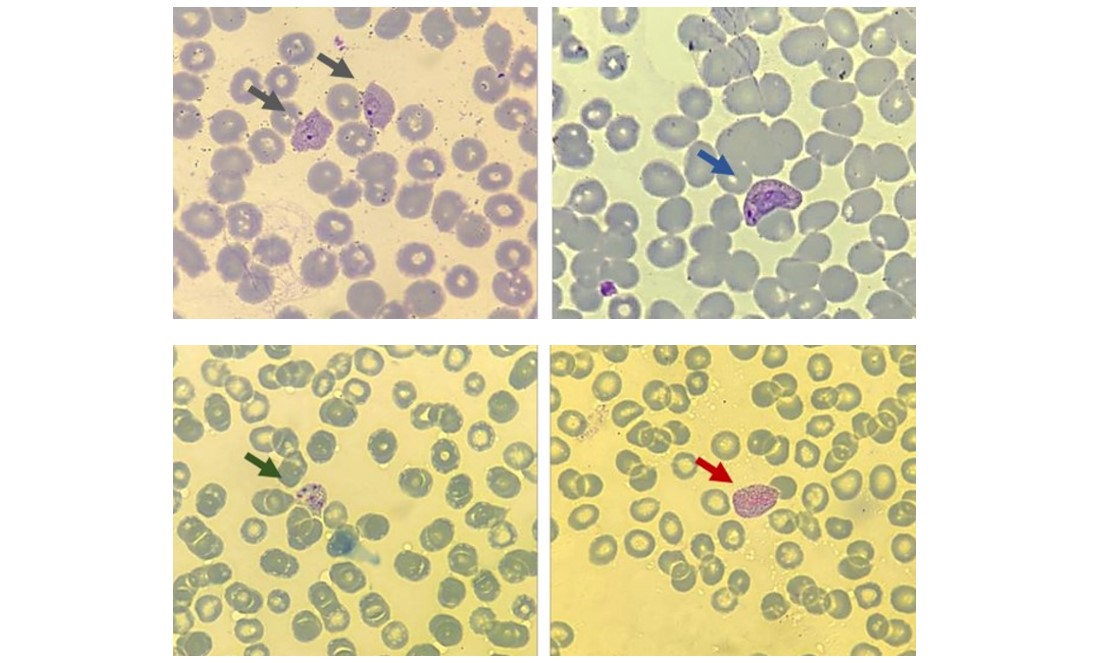
As described in Scientific Reports, the study involved analysis of blood samples from volunteers infected by Plasmodium vivax, which produces forms that lie dormant in the host and can be reactivated months after treatment. The findings will help detect and diagnose these forms, with significant potential to enhance control and treatment of the disease in future.
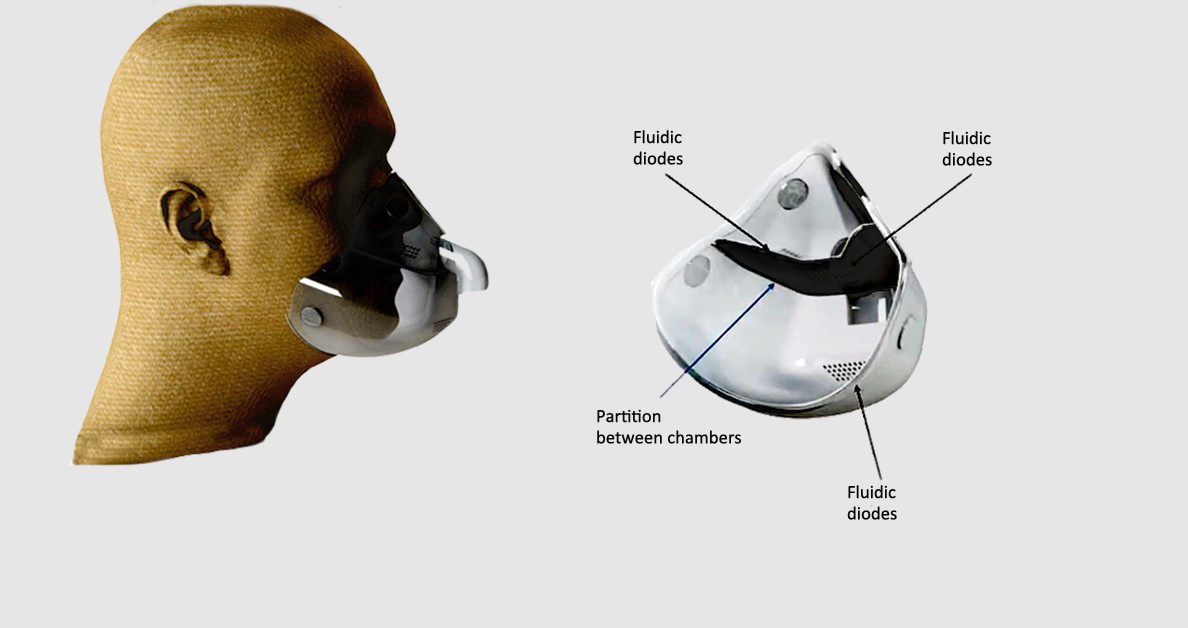
Innovation stems from a project on gas turbines conducted at the Engineering School and could make the use of CPAP more comfortable.
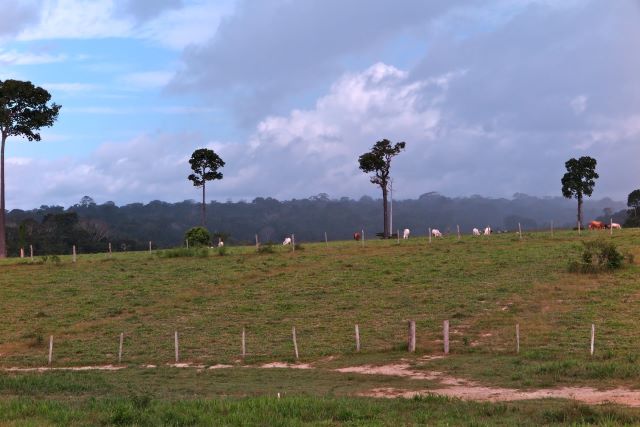
Bacteria, fungi and archaea that live in soil act as a methane sink, among other ecosystem services, but deforestation can reduce their functional diversity, Brazilian, British and American researchers warn in the journal Trends in Ecology and Evolution.
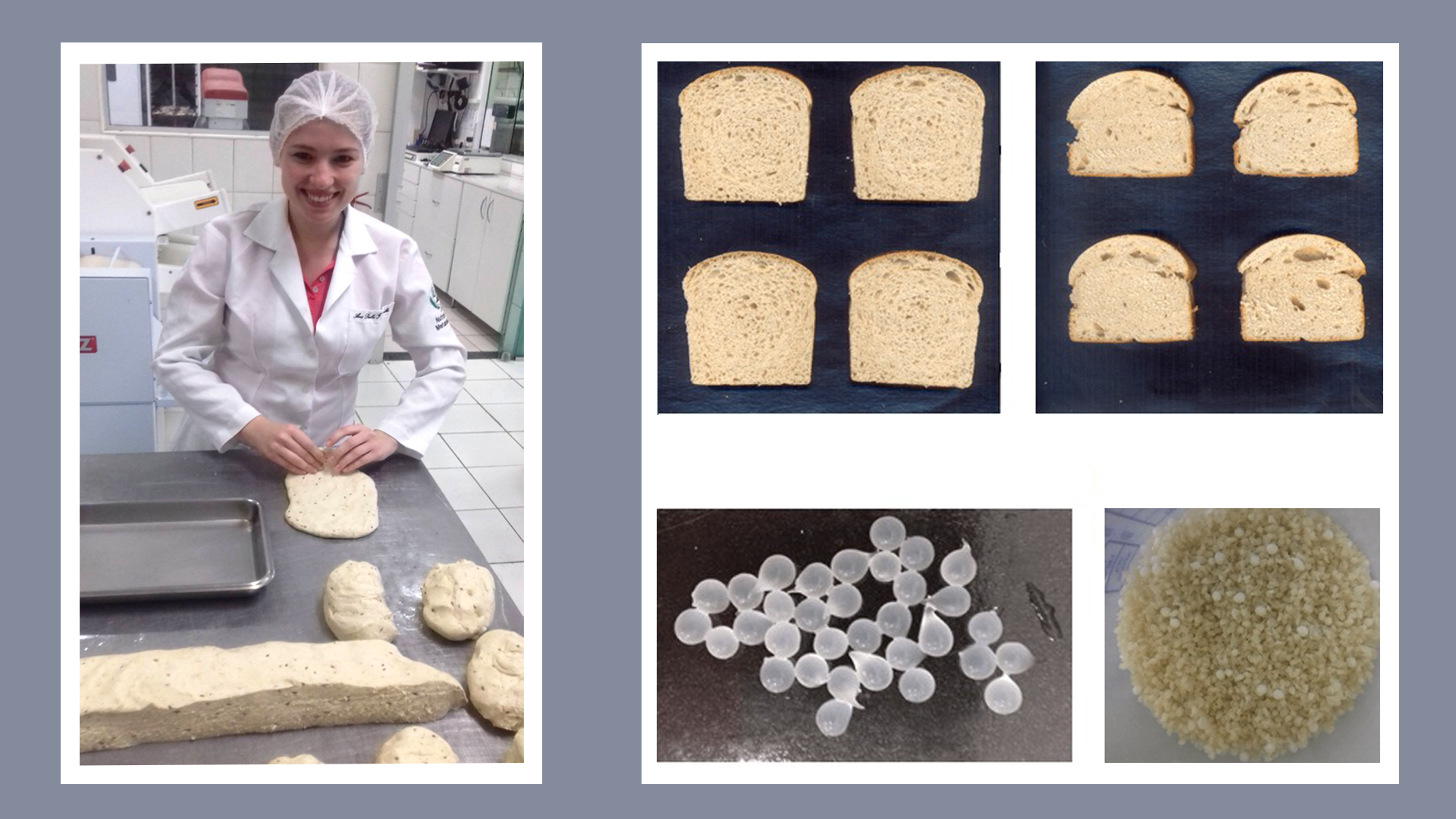
Bread produced with probiotic yeast performed well in experiments with mice, showing potential to combat asthma, which affects 20 million Brazilians.
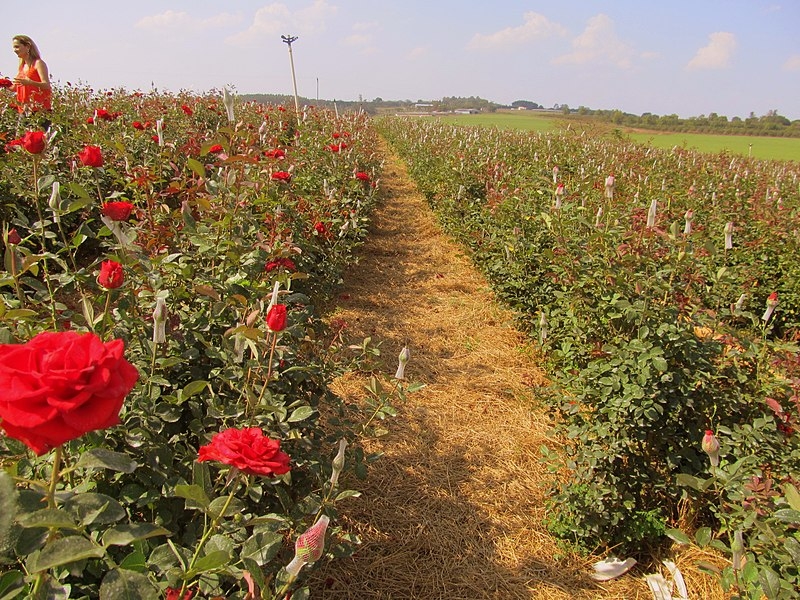
A startup supported by FAPESP is developing a fertilizer that extends the shelf life of roses and keeps them healthy.
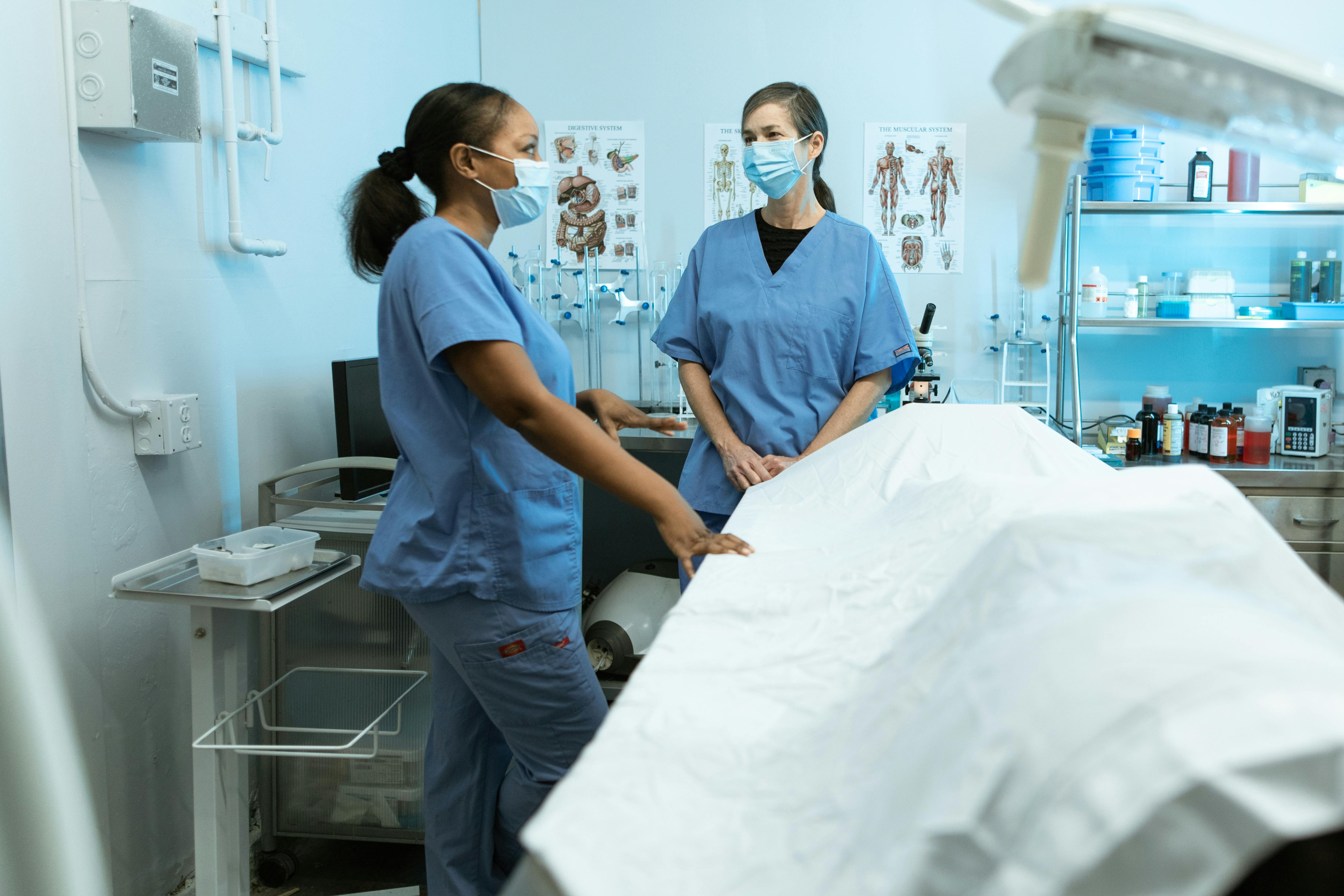
A systematic review of 14 scientific articles on studies conducted in seven countries detected a statistically significant improvement in mental health after treatment with mindfulness.
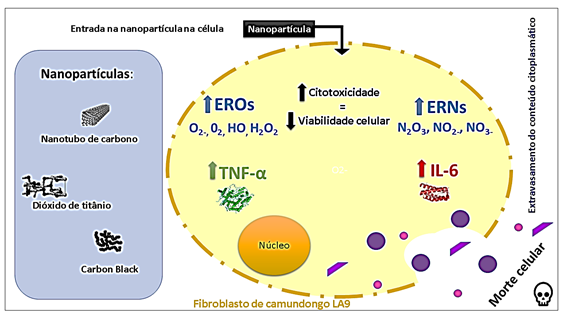
In vitro tests show that some of the materials are toxic in high concentrations and can cause inflammatory processes.
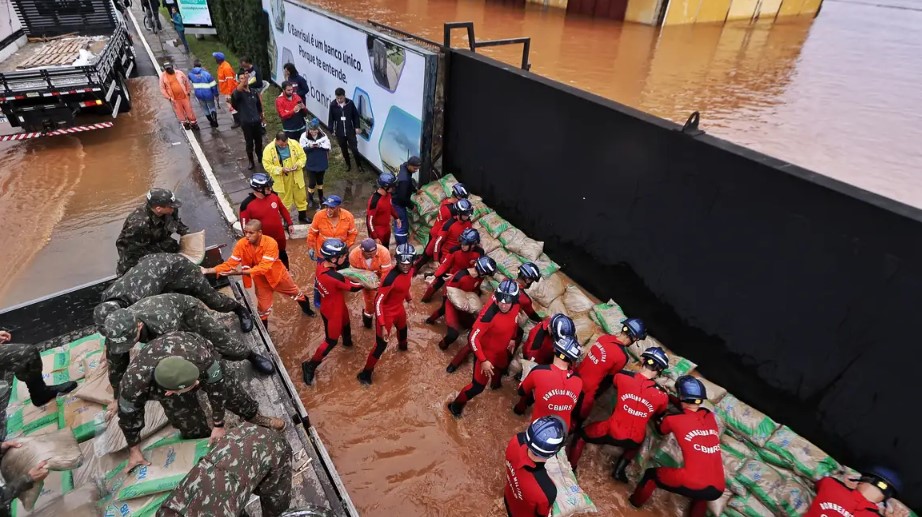
The extreme weather events in the South of Brazil call for urgent coordinated action by governments and entities. The Paraíba do Sul basin is the focus for a “pilot” project conducted by a group of researchers.